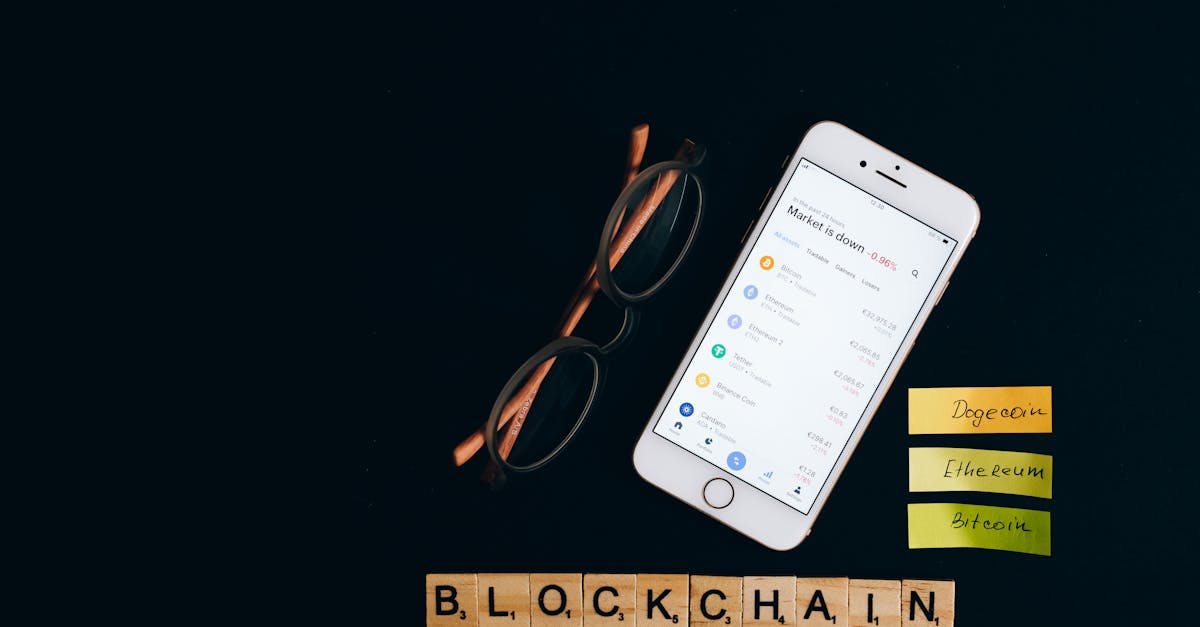Disruption is a dynamic force capable of reshaping the economic landscape. It manifests through breakthrough innovations that transform established models, often to the detriment of large traditional companies, prompting them to rethink their strategies. Understanding this phenomenon means diving into the challenges it presents: an opportunity for renewal, but also a challenge to adapt to new market standards. By analyzing existing conventions, disruption proposes a bold vision, encouraging exploration of uncharted paths to remain relevant.
🔥 Nous recommandons Ideamap
Ideamap est l’outil idéal pour un brainstorming ou un projet collaboratif. Grâce son interface facile et à ses fonctions IA, Ideamap booste votre créativité tout en favorisant une meilleure organisation de vos idées pour atteindre vos objectifs.
The term disruption evokes a true break in the economic and industrial field. It often refers to radical transformations that challenge established norms, traditional practices, and sometimes even well-established large companies. This concept is particularly relevant in a world where innovation has become an imperative for remaining competitive.
Disruption is generally defined as a change that profoundly modifies the functioning of a market. It often manifests through the emergence of a disruptive economic model that introduces new solutions, responses, or technologies, thereby satisfying an unfulfilled need or maximizing user experience. This innovation often leads to a disruption of the existing market, prompting traditional companies to reassess their strategies.
The stakes surrounding disruption are multiple. On one hand, it poses a major challenge for established companies, which must adapt to avoid being outpaced by more agile and innovative new players. On the other hand, it also offers new opportunities for startups and entrepreneurs, who can exploit market niches by proposing cutting-edge solutions.
For Jean-Marie Dru, disruption involves a deep understanding of industry conventions in order to better invert expectations. This approach consists of observing prevailing norms and behaviors, then contesting them to create new dynamics. This innovation process is essential for refreshing offerings and attracting new customers.
Disruptive innovation differs from incremental innovation, which focuses on optimizing existing products and services. Instead, it creates a break with the past, redefining not only what is offered but also how consumers interact with these offerings. This can include technological innovations, but also changes in the way services are delivered or revolutionary pricing models.
Companies that succeed in implementing disruptive models do not simply follow trends; they define them. This ability to anticipate and continuously innovate is what allows these organizations to take a leadership position in the market. However, implementing such innovations is not without challenges, particularly in terms of change management and corporate culture.
In the current context, where digital transformation is ubiquitous, it is crucial for companies to integrate disruption into their strategy. This means not only adopting new technologies but also reconsidering their business model and their relationship with customers. The challenges that arise can include adapting teams, redefining internal processes, and reassessing relationships with partners and stakeholders.
Ultimately, understanding disruption is essential for any contemporary company. Organizations must be ready to embrace change to successfully navigate a constantly evolving landscape. The fundamental principles of disruptive innovation must be assimilated to enable companies to anticipate upheavals and emerge strengthened.

FAQ on Disruption: Definition and Stakes
What is disruption? Disruption refers to a significant break in a sector or market, often caused by radical innovations that upset established norms.
What are the stakes of disruption? The stakes are multiple: disruption offers opportunities for economic renewal, but it also represents a challenge for traditional companies that must adapt to avoid disappearing.
How does disruption impact large companies? Disruption upsets large companies by confronting them with new competitors offering innovative solutions, often more suited to consumer needs.
What is a disruptive innovation? A disruptive innovation is an evolution that creates a break in the existing market, often through new technologies or new business models.
What are some examples of disruptive innovations? Examples include the emergence of streaming services that have changed the media consumption landscape, and sharing platforms that have transformed transportation and accommodation sectors.
Why is it important to understand disruption? Understanding disruption allows companies to better anticipate market changes and adapt quickly to remain competitive.
What strategies can help manage disruption? It is essential to adopt an innovation culture, to listen to consumer needs, and to leverage new technologies to stay in line with market evolutions.














